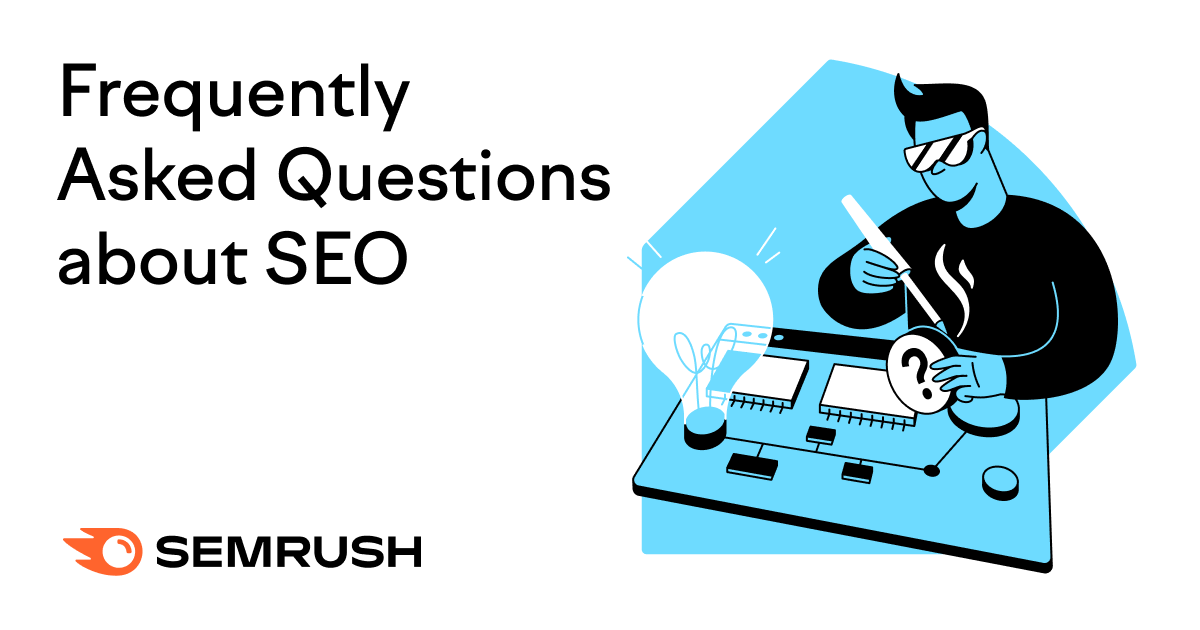
On-page SEO is about optimizing the contents of your website to improve user experience and search engine visibility, while off-page SEO is about building trust and authority through external signals.
On-page SEO is the process of optimizing the elements on your website that you can control, such as the meta tags, the words on your pages, and how your page is structured. By optimizing these elements, you make your website more user-friendly and easier for search engines to understand. This might include writing clear, helpful content, using descriptive titles for each page, and organizing your site so visitors can find what they need without frustration.
Off-page SEO is the process of improving your website’s reputation, credibility, and authority through actions taken outside your website, like earning links from other websites or getting positive mentions on social media. These external signals show search engines that your site is valuable and trustworthy.
Both on-page SEO and off-page SEO are important aspects of any SEO strategy. On-page SEO is more within your control and can often lead to quicker, more immediate benefits, while off-page SEO is a longer-term, ongoing process that can include both active strategies (like outreach to other websites) and passive strategies (like creating shareable content). If you need to prioritize one, start by focusing on on-page SEO to ensure your content and user experience are optimized for the people who visit your site.
Further reading: What’s the Difference Between On-Page and Off-Page SEO?







